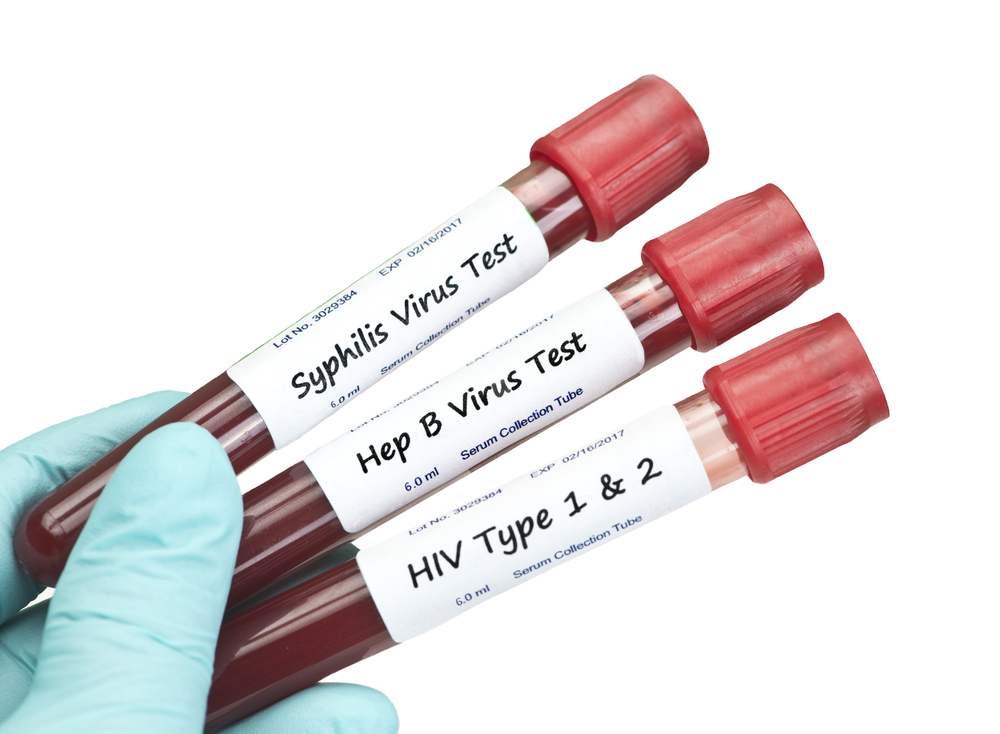Straight Out of Rape Culture
In April 2016 the Women’s Leadership Project and Young Male Scholars’ in collaboration with Get Smart B4 U Get Sexy facilitated a workshop entitled “Straight Out of Rape Culture”. Women of color have the highest rates of sexual...
Read More



